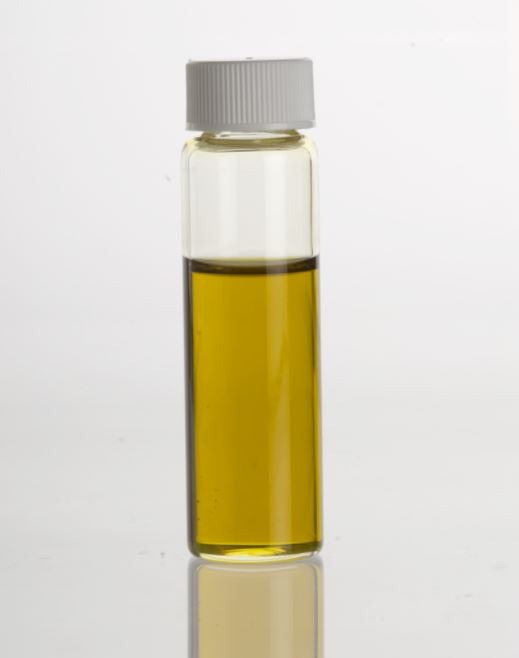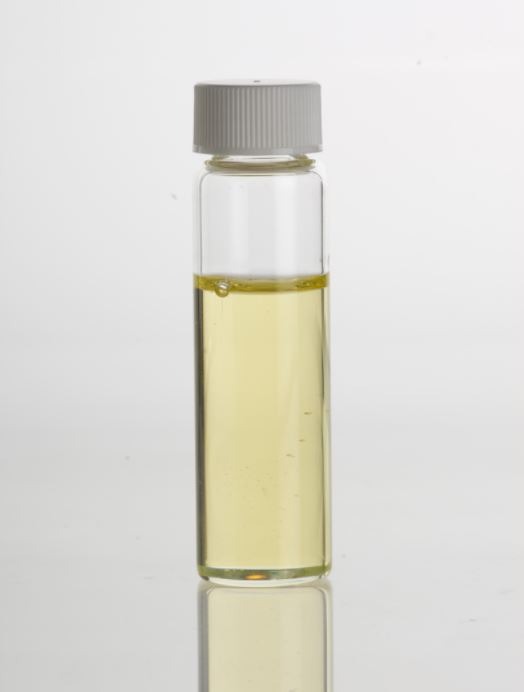Our body needs the right proportion of proteins, carbohydrates, and fats for normal growth and development. These macronutrients must be present in our diet to meet the demands. Cooking oils are an important source of fat which is not only used for cooking but also seasoning and salad dressing.
Cooking oils are fats obtained from different sources like seeds, plants, and animals. They contain fat and vitamins, which are beneficial to health. Cooking oils are used to add flavor and taste to the food. However, some cooking oils have hidden calories that one should be aware of!
Since there is a huge variety of cooking oils, it is difficult to choose the right type of cooking oil. Let’s have a look at the types of cooking oils available:
1. Canola Oil
Canola oil is a vegetable-based oil obtained from rapeseed. Due to its rich texture, smoke point, and light flavor, canola has been one of the most popular cooking oils for quite some time. Traditionally associated with frying, canola oil also works best for baking and roasting. It is low in fat (less than 7%) but high in monounsaturated fat (63%).
Canola oil also contains phytosterols, which help absorb cholesterol. Despite having some benefits, research has suggested taking some caution.
2. Olive Oil
Extra virgin olive oil contains the healthiest fat on earth, according to many experts. It contains vitamin E and K and only 14% saturated fats. Moreover, a tablespoon of extra virgin olive oil contains plenty of Monounsaturated fats (73% of your daily value). Extra virgin oil contains plenty of antioxidants that help fight against several diseases, inflammation, and cardiovascular issues.
3. Peanut Oil
If you are looking to add extra flavor to your dish, peanut oil is an ideal choice. Also known as groundnut oil, peanut oil is extracted from, yes, you guessed it right, peanuts. Peanut oil is low in trans-fat and high in monounsaturated fats. It can help lower your cholesterol and possibly prevent heart diseases. It also contains 11% of your vitamin E intake, which is an antioxidant that helps protect you from the harm of free radicals.
4. Coconut Oil
Coconut oil contains about 80 to 90 percent saturated fats, making it solid at room temperature. According to USDA, 100 grams of coconut oil serving contains 87 grams of saturated fat. Also, it is high in calories; a single tablespoon of coconut oil equals 117 calories. Despite the high content of saturated fat, coconut oil assists in food digestion, eliminating bad bacteria and inflammation.
5. Avocado Oil
When the word “avocado” is said out loud, expect healthy food maniacs to come running. While it is a lesser-known member of the cooking oil family and doesn’t carry the flavor of coconut, it packs amazing health benefits.
6. Sesame Oil
Sesame oil is also another edible vegetable oil made from sesame seeds. Apart from being used as cooking oil, sesame oil is also used to enhance the flavor of many cuisines. One tablespoon of sesame oil contains 120 calories and 14 grams of total fat.
7. Sunflower Oil
This cooking oil is derived from the seeds of the world’s prettiest flowers. Just one tablespoon of sunflower oil can fulfill 30% of your daily recommended intake of vitamin E. Moreover, it is high in omega-6 fatty acids, which are healthy for our body but could be inflammatory if taken in excess.
Want to know more about cooking oils? Check out our Complete Guide to Cooking Oils.
The Truth about Hidden Calories in Cooking Oils
It is common for people to underestimate the amount of oil they use when they cook. It can severely impact the calories you are consuming in your food. When you cook at home, it is essential to consider the amount of cooking oil you are consuming in your food. You may be surprised by the number of calories these cooking oils may have.
People prefer using olive oil over other cooking oils because of its health effects. You can use extra virgin olive oil for dressing freshly prepared veggies. It not only has a fresh, clean taste that adds flavor to food but is also quite good for your health. Olive oil is among one of the best sources of healthy calories in any diet – be it vegan, keto, or any traditional balanced diet.
According to USDA, various cooking oils contain the following numbers of calories and total fat per tablespoon:
Cooking Oils | Calories | Total Fat (Grams) | Type of Fat |
Canola Oil | 120 | 14 | High in monounsaturated fat (63%) |
Olive Oil | 119 | 14 | High in monounsaturated fat (73%) |
Peanut Oil | 119 | 14 | High in monounsaturated fat |
Coconut Oil | 117 | 14 | High in saturated fat (80 to 90%) |
Avocado Oil | 124 | 14 | High in monounsaturated fat |
Sesame Oil | 120 | 14 | High in unsaturated fat (82%) |
Sunflower Oil | 120 | 14 | High in polyunsaturated and monounsaturated fatty acids |
The Healthiest Cooking Oil for Weight Loss
When you are on a diet for weight loss, your priority will be any oil that can help reduce your weight. Honestly, no oil helps you reduce your fat or promotes fat loss. The only thing which matters for weight loss is calorie deficit and adjusting your macros. But this does not mean that you should avoid all cooking oils.
Most dietitians recommend that we should look at the polyunsaturated and monounsaturated fat content. Not only this, the omega-3 and omega-6 fatty acid contents of the oil are also necessary for diet. The smoke point and temperature at which the oils break are other vital factors.
Olive oil is the healthiest cooking oil for weight loss and other health benefits. If you want to reap its full benefits, try looking for an “extra virgin” label on the bottle of olive oil. And one more thing to remember is that olive oil has a low smoking point, so it is recommended that you use it for medium to low-heat cooking, dressing, or baking.
For more information, you can have a look at our weight loss section.
Oils Contain Different Types of Fats
- Saturated fats
- Monounsaturated fats
- Polyunsaturated fats
The cholesterol level of the body is primarily affected by the type of fats these oils contain. Saturated fatty acids increase bad cholesterol, which increases the risk of heart disease, so the oils containing saturated fatty acids are not recommended for good health.
Among all these, monounsaturated fatty acids are considered good for health because they lower the amount of bad cholesterol and increase good cholesterol (HDL). Oils that contain monounsaturated fatty acids are olive oil, peanut oil, and avocado oil.
Is Olive Oil ‘The Best Cooking Oil’?
Olive oil is considered the best cooking oil as it contains 170% monounsaturated fatty acids. The use of monounsaturated fatty acids balances the cholesterol, lowers blood pressure, and reduces the risk of heart disease. Studies have also suggested that they may help reduce the risk of breast cancer and is beneficial for weight loss.
One tablespoon of olive oil contains 120 calories, like the other fats as vegetable oil, canola oil, and butter. All these 120 calories are healthy fat which the body needs for its functioning.
Following are the nutrition facts of olive oil (per tablespoon), according to USDA:
- Calories: 120
- Fat: 13.5 grams
- Protein: 0 grams
- Saturated fat: 1.9g
- Monounsaturated fatty acids (MUFA): 9.9g
- Sugars: 0g
- Polyunsaturated fat: 1.4g
- Carbohydrate: 0g
- Fiber: 0g
Conclusion
All the cooking oils contain hidden calories of which most people are unaware. These calories have a different effect on our body, depending on the type of fats the oil contains. If the oil contains monounsaturated fatty acids, it will be beneficial for your health.
By adding oil to your food, your body gets the nutrients required and feels full and satisfied, which reduces the cravings for more food, which may have extra calories. That being said, it is recommended to not go overboard with any type of fats and oils. Moderation in everything is key to fitness.



